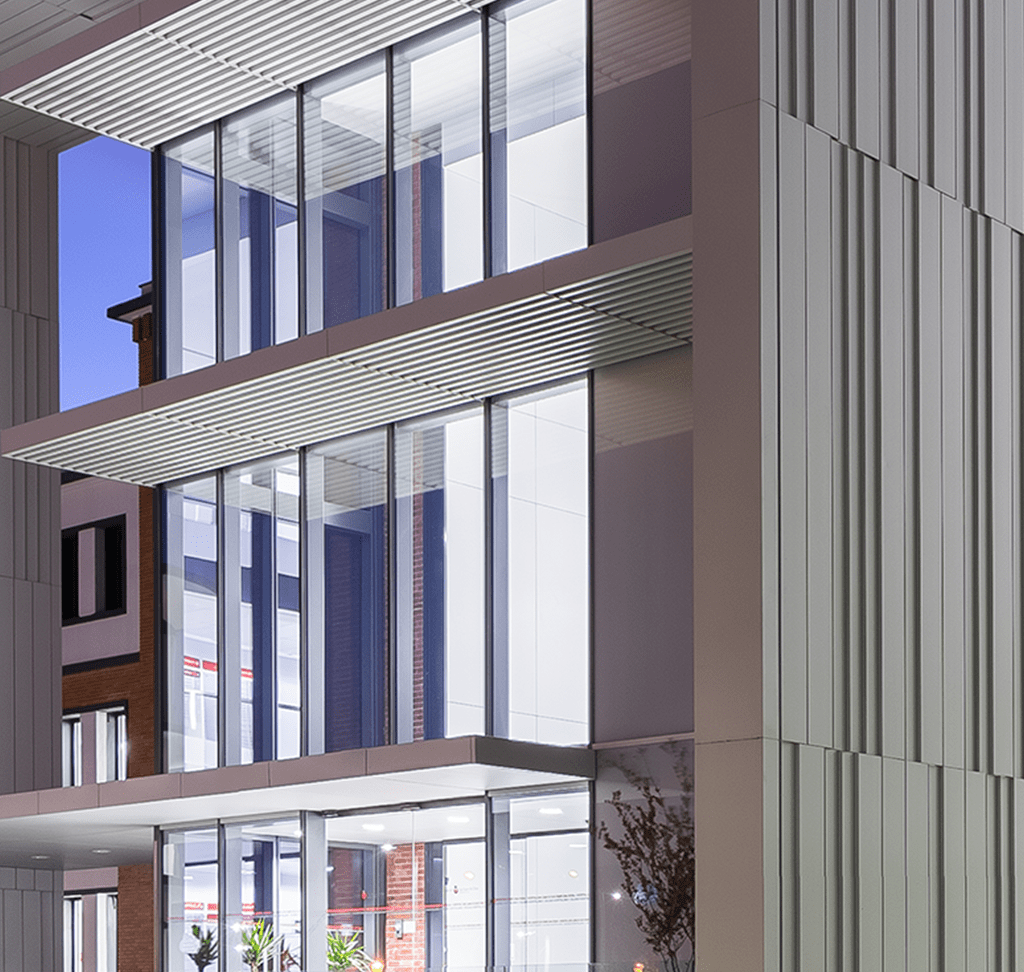Market Fundamentals Affected by COVID-19 and Uncertainty
A Note Regarding COVID-19
As we publish this report, the U.S. and the world at large are facing a tremendous challenge, the scale of which is unprecedented in recent history. The spread of the novel coronavirus (COVID-19) is significantly altering day-to-day life, impacting society, the economy and, by extension, commercial real estate.
The extent, length and severity of this pandemic is unknown and continues to evolve at a rapid pace. The scale of the impact and its timing varies between locations. To better understand trends and emerging adjustments, please subscribe to Colliers’ COVID-19 Knowledge Leader page for resources and recent updates.
Kansas City Office Overview
The Q2 2020 reported figures are the first peak into the weakening market fundamentals as a result of the COVID-19 pandemic, shutdown orders and office occupiers shifting to remote workplace solutions. The real impact of the COVID-19 pandemic is expected to be realized in the last half of 2020 and early 2021, however, the effects were felt as early as this past quarter.
The overall vacancy rate adjusted upwards to 8.7%, a 50 basis point increase from the previous quarter. Through the second quarter, the office market had 292,746 SF of negative absorption. In total, Q2 reported 414,665 SF of negative absorption, offsetting the gains made during the first quarter. The bulk of negative absorption is largely a result of sizable sublease vacancies hitting the market in the second quarter. Overall asking rents within the Kansas City metro slightly increased to $19.72/SF across all product classes. At this point, landlords have been largely unwilling to lower rates within their buildings, however, owners are beginning to concede more in terms of free rent and terms. Class A rates have risen to an average of $22.83/SF, while Class B rates have increased to $18.70/SF. Typically asking rates are a lagging indicator and it is assumed that rents have neared their peak in the cycle as it is expected that demand for space will continue to be less prevalent throughout the market. Additional sublease space is anticipated to be placed into the market, creating the potential for rents to drop as landlords seek to compete with additional available inventory.
COVID-19 Creates New Challenges for the Office Market
With several businesses taking a wait-and-see approach to how the re-entry into the office plays out, the impact on office sector metrics will take some time to fully emerge. While absorption was negative in the second quarter of 2020, the true test will be the second half of the year. It may take several quarters, and multiple phases of reopening, before firms can fully assess their true space needs going forward.
As firms begin to return to the office, look for them to reevaluate their space and premises strategy. This could involve a thorough overhaul of all aspects of their real estate needs including the volume of space needed, where it is located and at what cost. In addition, firms will also explore ways to increase the flexibility of lease terms. The COVID-driven work-from-home experience has shown that remote work is here to stay in some capacity as both employees and employers see the benefits. Businesses are turning to remote working, flex spaces and exploring concepts such as a hub-and- spoke model where the tenant retains their previous office perhaps with a reduced footprint, while adding smaller satellite offices elsewhere to alleviate density concerns.
Moves and Growth Around the Metro
While activity has slowed relative to last year or even Q1 2020, there were still many office transactions throughout the second quarter. Inside Response elected to lease 42,000 SF at The Campus (formerly Sprint Campus). HOK signed a 35,000 SF lease renewal at their Crossroads space, while SSB Realty also signed a sizable renewal at the Lee’s Summit Integration Campus. A trio of lease deals were completed in Johnson County with Euronet leasing 30,000 SF at 11400 Tomahawk Parkway, Education Dynamics leasing 25,000 SF at Waterside III and Digital Ally leasing more than 16,000 SF at College West Business Center. On the transactional side, several Johnson County deals closed throughout Q2. Excelsior Capital acquired Corporate Ridge II from The Opus Group for $19.73 million. The 118,056 SF building has long-term leases in place to Cargill and Garmin. In North Johnson County the 20/20 Building just west of State Line sold for $7.4 million, while 9800 Metcalf was acquired for $7.38 million. Construction development remains mostly limited to build-to-suit projects with the lone completion in Q2 being CityPlace Building 1 that totaled 120,000 SF.




.ashx?bid=2c3f8386cf504a8d8ca5b714081ece58)








